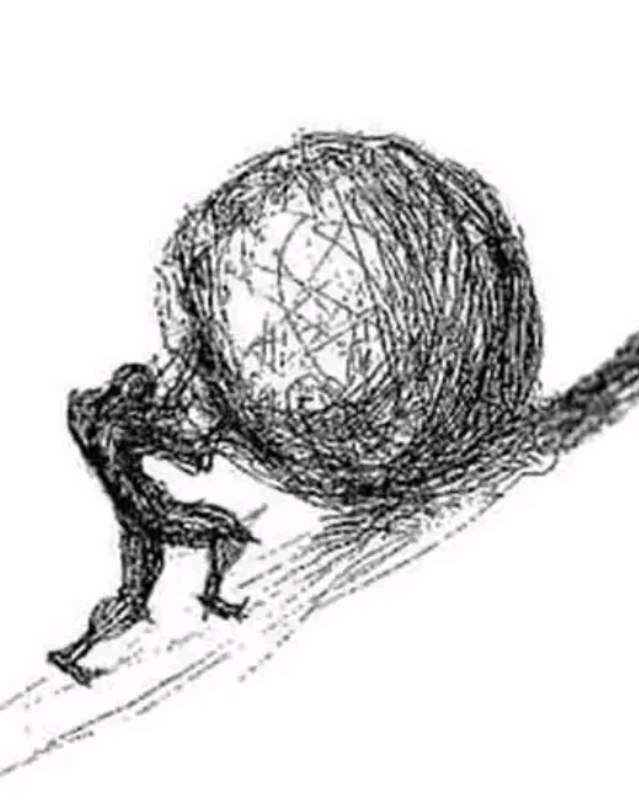tl;dr I view lack of organization as one of the biggest weaknesses of boycotts of our time, and an app to help organize it may be beneficial.
Some thoughts
- boycotts can work
- many boycotts don't work
- in my opinion, boycotts work best when they are: well organized, clear stated goal and demand, and have large participation
- boycotts that are lifestyle oriented, indefinite, too general (encompassing too many products or companies) and do not have clear demands have low participation and do not work as well.
- In general, people tend to follow trends, and participation drops when a boycott takes too long
- in my opinion, boycotts are much more effective when they focus on a few targets at a time for maximum damage, to deliver their political message and bring attention to their movement. On the other hand, issuing a boycott against a large number of companies will have lower participation and will be harder for regular people to follow.
I think having an app can be helpful for organizing. Here is what the app can do:
- show you the boycotts with the most participants (or let you indicate your participation). This will encourage the user to participate when there are other participants
- shows you the rationale for the boycott, with sources and evidence.
- shows you the boycott's most common demands and political message.
- shows you progress on the demands or the political message.
The app can also serve as a database for all active boycotts, their rationale, demands, progress, timeline and participants.
What are your thoughts? do you have any recommendations for me if I make this app?
This is a great idea - but it needs to be backed and endorsed by an organization. You're correct that lack of organization is the number one obstacle/contradiction when it comes to boycotts being effective. That means that we probably would need to have a respected and large(ish) organization use it and set a good precedent with it before it would get big enough.
Aside from what has been said, it is important to keep in mind that the distribution of apps is controlled by companies that you would likely be boycotting (plus their allies) which could mean that the primary means of getting to people such as the play stores could ban the app and make it highly unlikely to spread very far. Having alternative distribution plans and back up plans for these types of scenarios from the outset would be wise
That would be a ton of work, but I like the idea of a database where you could connect items/services you're purchasing to some fundamental characteristics. Like the country of origin, the parent company, maybe info/contacts of the owner. That way you could set up some filters (+"not israeli" +"not nestle" -"touched by a person from Florida") and have a simple-ish way to avoid supporting stuff you'd rather not.
But even then, while boycotts are not pointless, they are not a tool for targeted activism. It's kinda like "eat your veggies", in the end it's up to the individual how far you want to go with it. Most things sold en masse are worthy of a boycott. Especially since everything is owned by like 5 companies. Mistreating/underpaying employees, quality control, ecological impact, investment portfolios, animal abuse, and so on and so forth. When everything is shitty, there's not much of a point to sorting through shit.
If anything, it would be really cool to have an app that suggests sustainable alternatives to the items you're purchasing, or directly promotes them (and there's your monetization model). People would rather use a product that actively makes them feel better, rather than the "everything in my cart is making the world burn" app.

